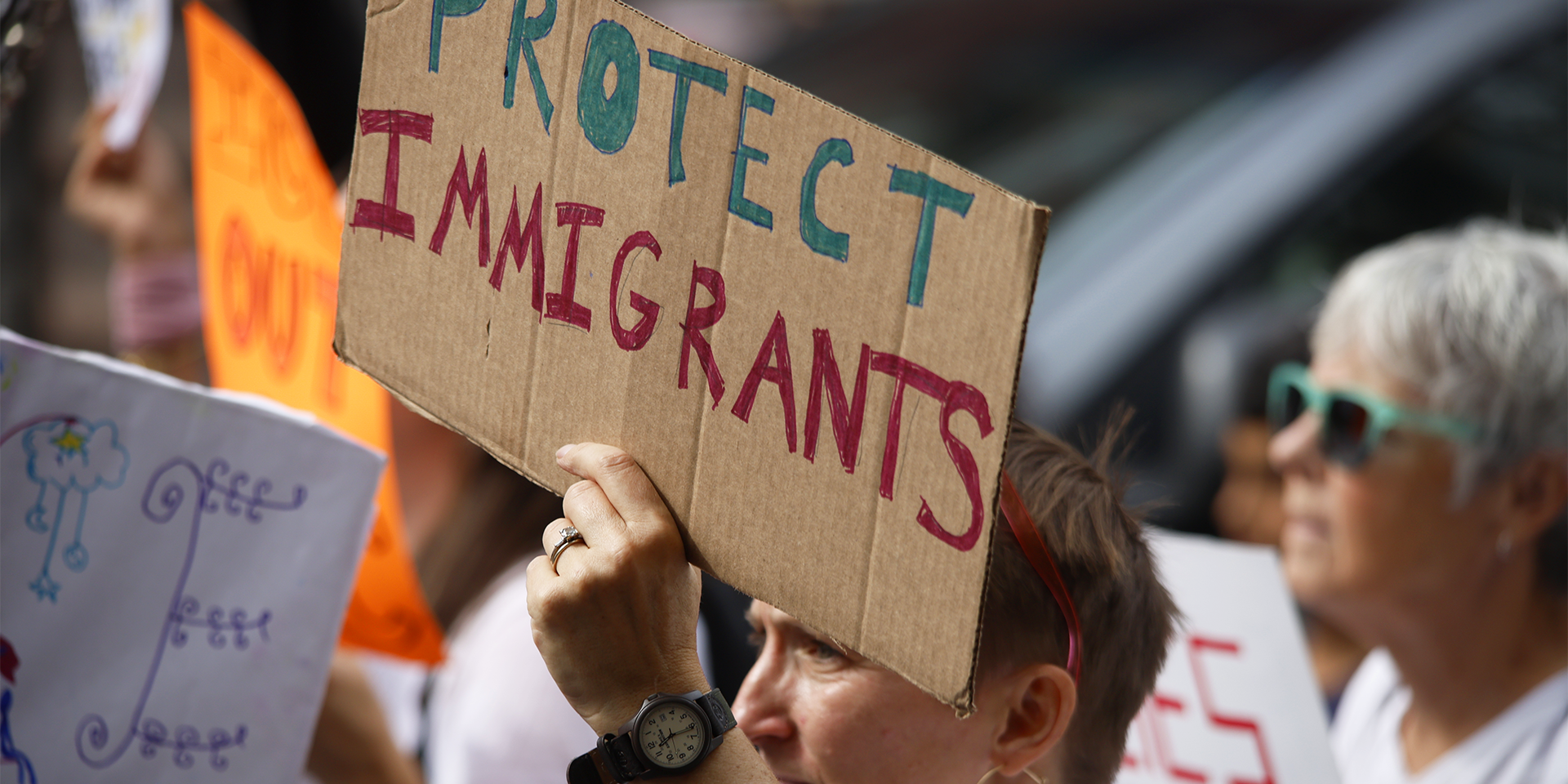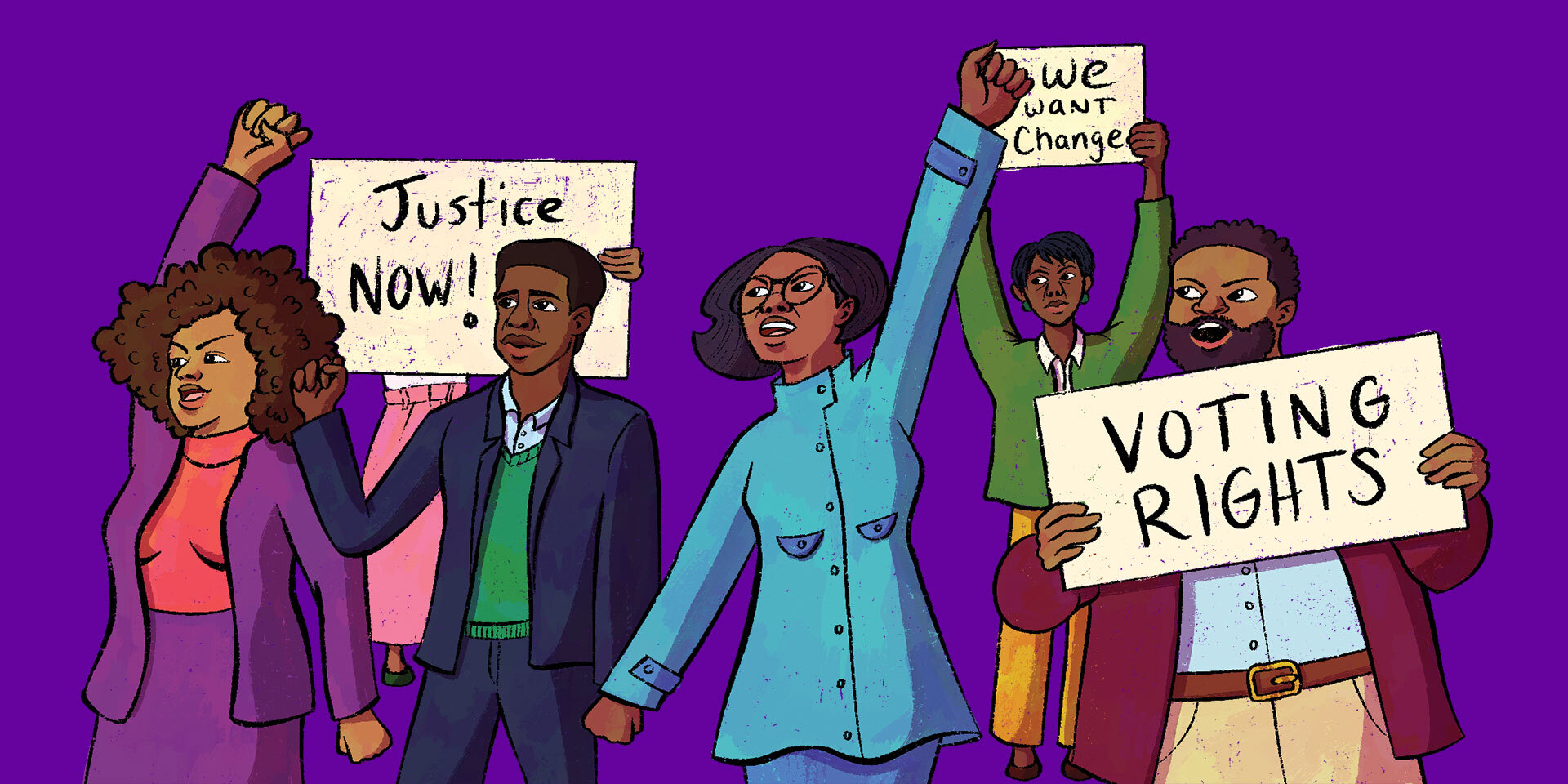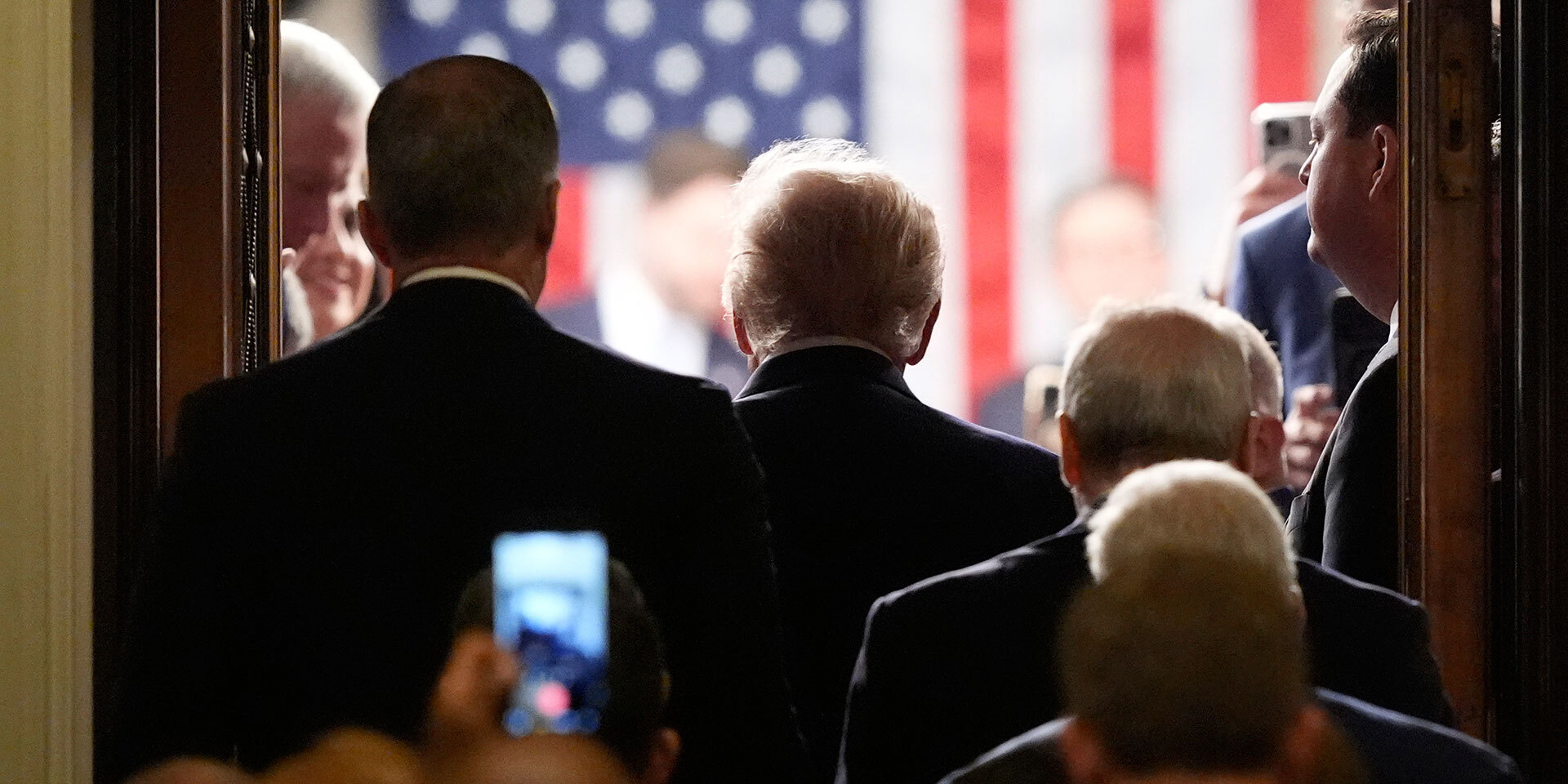Colloquially, there have been a lot of names for it. Bias-based policing. Targeted enforcement. Driving while Black — or engaging in any other preferred activity while Black.
At the end of the day, it boils down to racism, plain and simple. And, in a United States under the sway of Jim Crow, it was policy across the South. Laws like the Civil Rights Act of 1964 supposedly put an end to the practice.
That is the point that Southern Poverty Law Center Chief Legal Officer Derwyn Bunton makes in his newly published Daily Kos op-ed.
In his opening, Bunton points out that racial profiling, while still illegal, has been given a temporary lease on life in our nation after the U.S. Supreme Court allowed federal agents to use “ethnicity, language, occupation, or presence at a particular location” as a basis for arrest during recent Immigration and Customs Enforcement arrests in the Los Angeles area.
“Racial profiling is an authoritarian tool used to inflict fear on communities,” Bunton writes in his piece.
He points out that the court, either through cowardice or collaboration, was using its power to allow the nullification of citizens’ rights. He also writes that the decision was just one more step towards the slippery slope of authoritarianism, one that will be difficult to recover from if we as a nation start sliding over it.
“Let’s keep racial profiling a relic of American history and move forward unified in the pursuit of a truly inclusive, multiracial democracy,” Bunton writes. “Together, we can resist injustice and build a better future.”
Bunton’s full column can be read on dailykos.com.
Image at top: In Brooklyn, New York, marchers on Fifth Avenue wield signs to protest President Donald Trump’s immigration policies on Sept. 27, 2025. (Credit: Deccio Serrano/NurPhoto via AP)






